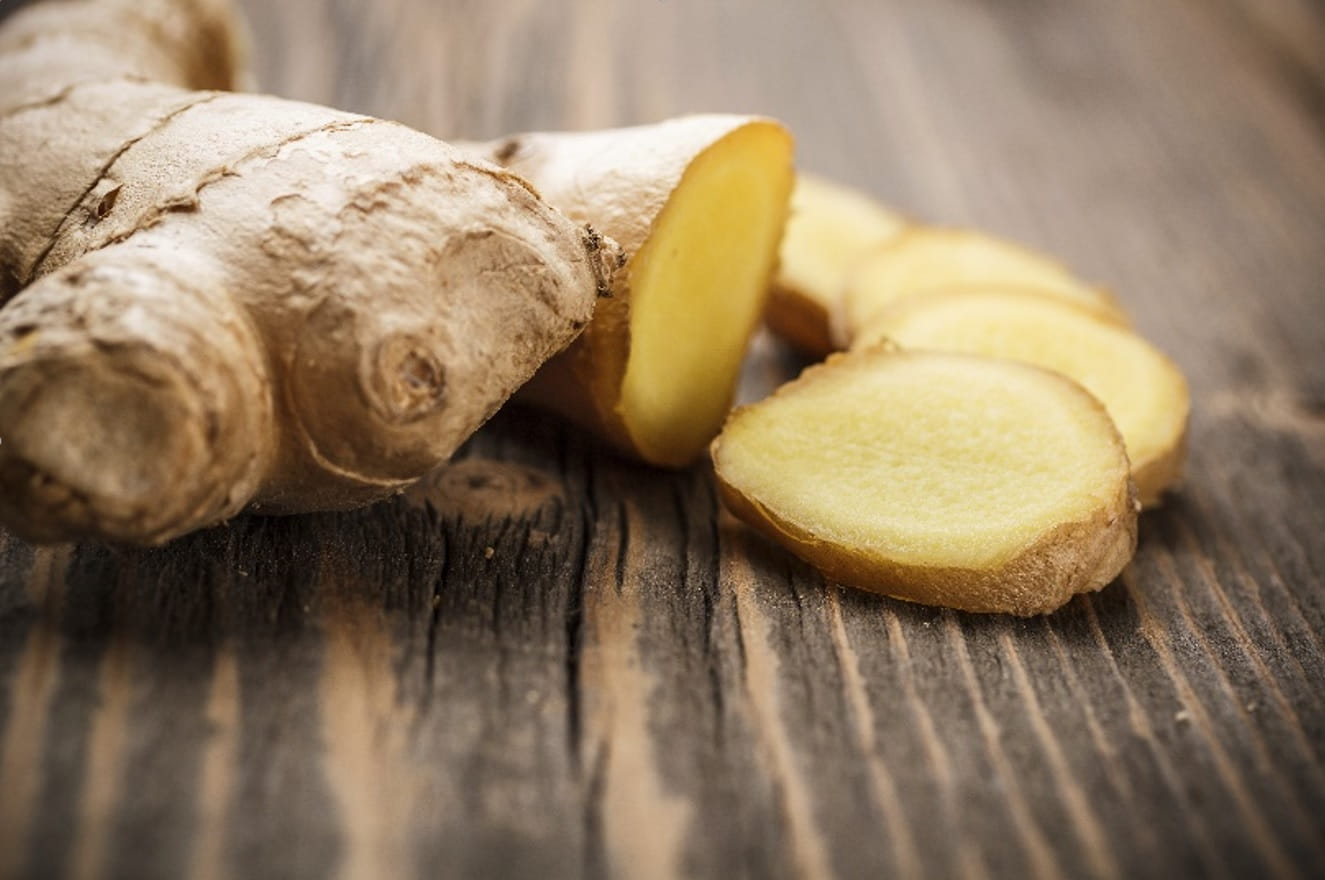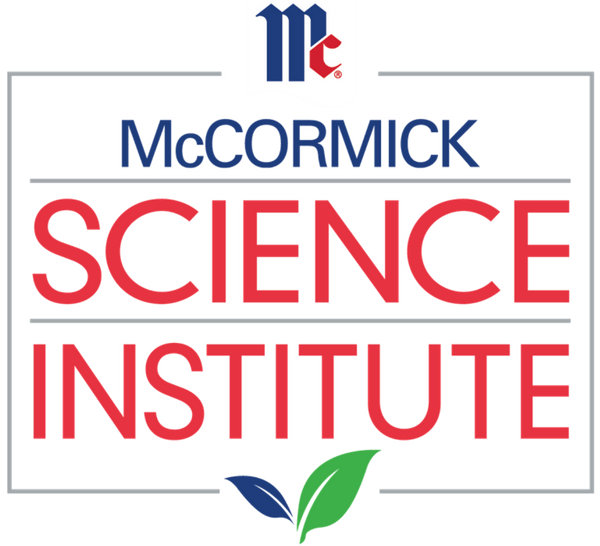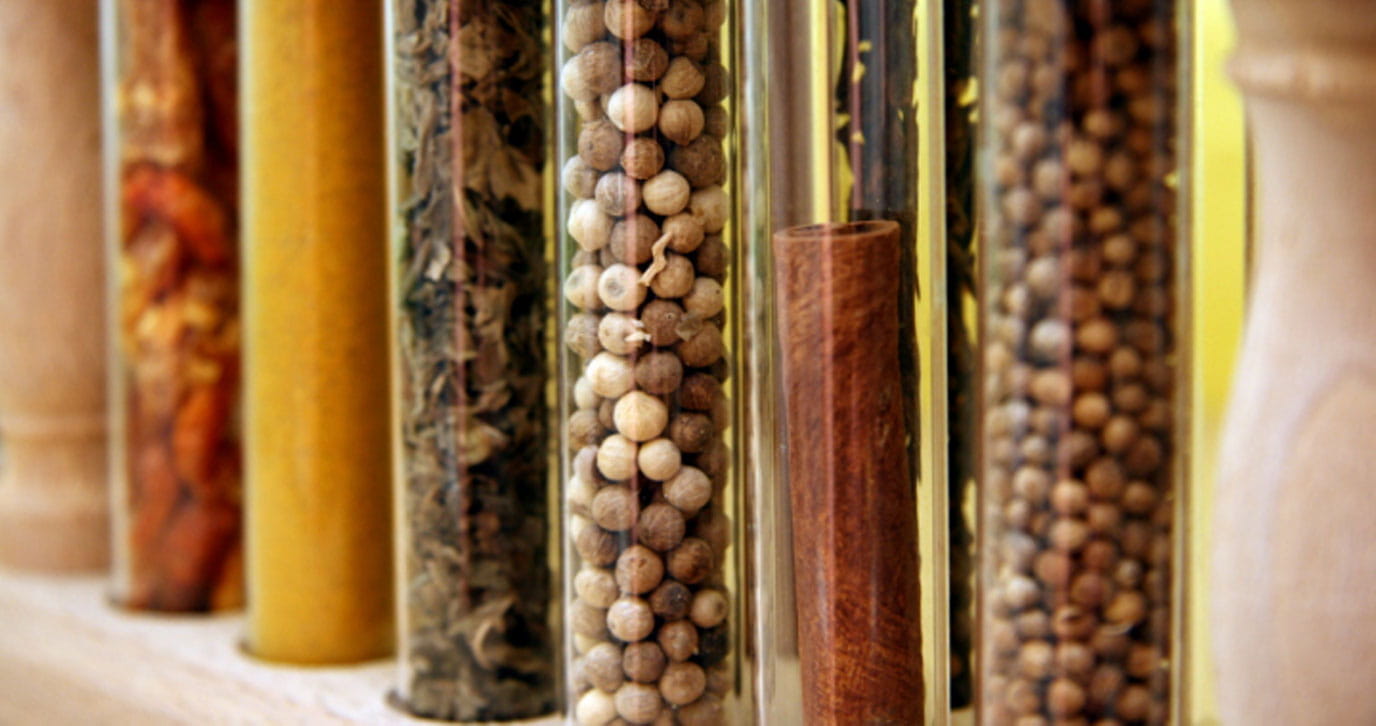November, 2024
Nutrition Education in Primary Care: Comparing Video vs Handout InterventionsAcute effects of dietary ginger on quadriceps muscle pain during moderate-intensity cycling exercise
Black CD, Oconnor PJ

Dec 2008-- A preliminary study, funded by the McCormick Science Institute, found that an acute oral dose of 2 grams of ginger did not have a significant effect on muscle pain during exercise in college students. A follow up study is investigating whether longer-term oral administration of ginger prior to exercise can affect muscle pain and inflammation 24 and 48 hours after exercise is completed. Read the entire study (PDF)
Ginger has known hypoalgesic and anti-inflammatory properties. The effects of an oral dose of ginger on quadriceps muscle pain, rating of perceived exertion (RPE), and recovery of oxygen consumption were examined during and after moderate intensity cycling exercise.
Twenty-five college-age participants ingested a 2-g dose of ginger or placebo in a double-blind, crossover design and 30 min later completed 30 min of cycling at 60% of VO2 peak. Quadriceps muscle pain, RPE, work rate, heart rate (HR), and oxygen uptake (VO2) were recorded every 5 min during exercise, and HR and VO2 were recorded for 20 min after exercise.
Compared with placebo, ginger had no clinically meaningful or statistically significant effect on perceptions of muscle pain, RPE, work rate, HR, or VO2 during exercise. Recovery of VO2 and HR after the 30-min exercise bout followed a similar time course in the ginger and placebo conditions.
The results were consistent with related findings showing that ingesting a large dose of aspirin does not acutely alter quadriceps muscle pain during cycling, and this suggests that prostaglandins do not play a large role in this type of exercise-induced skeletal-muscle pain.
Ginger consumption has also been shown to improve VO2recovery in an equine exercise model, but these results show that this is not the case in humans.






